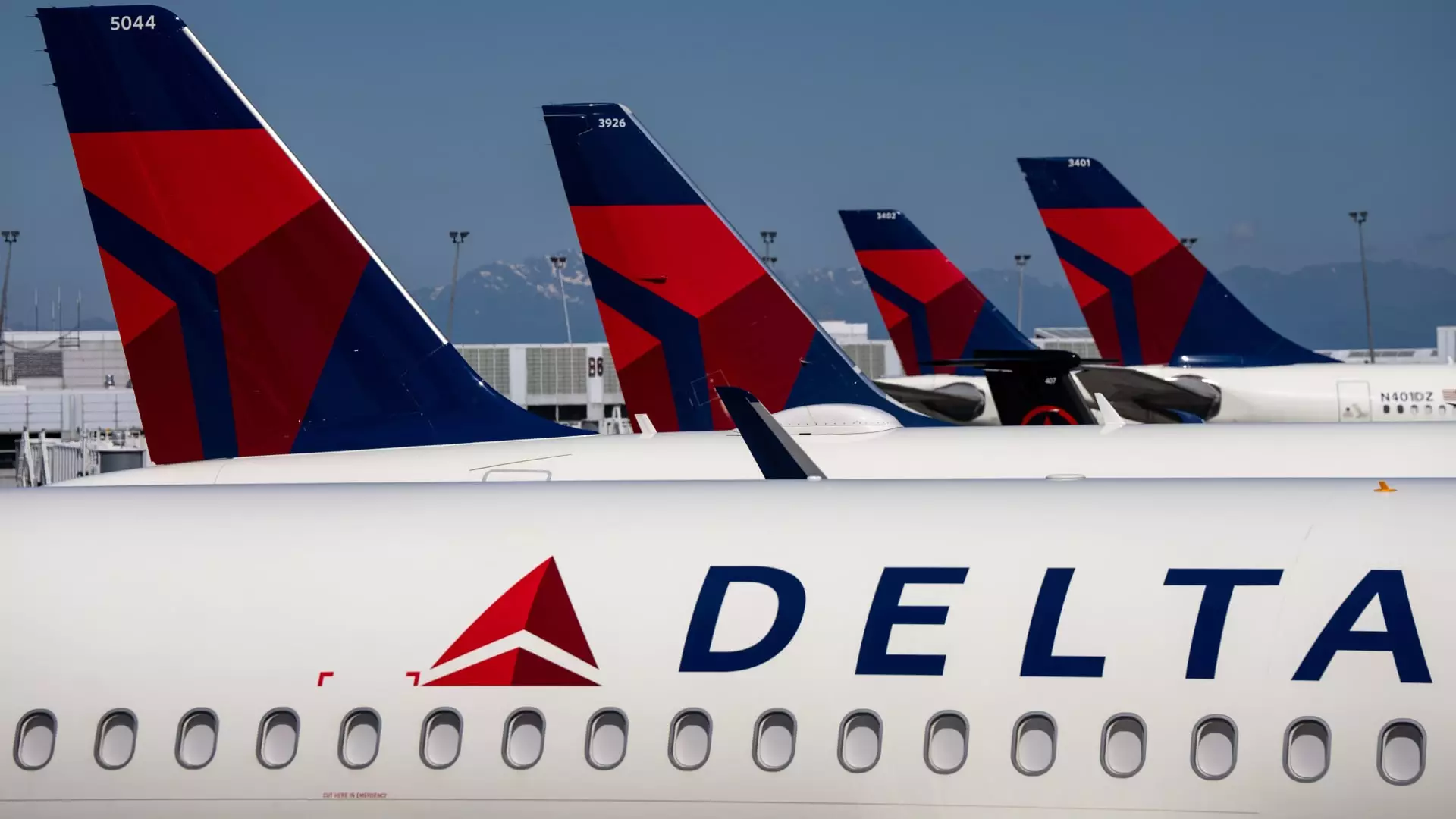Microsoft recently fired back at Delta Air Lines, accusing the carrier of failing to modernize its technology before a massive IT outage that led to thousands of canceled flights last month. Delta CEO Ed Bastian sought damages from Microsoft and CrowdStrike, claiming the outage cost the airline around $500 million.
In response to Microsoft’s accusations, Delta defended its track record of investing in safe and reliable service for both customers and employees. The airline stated that it had invested billions in IT capital expenditures since 2016, as well as annually in IT operating costs. Delta maintained that it had made significant efforts to upgrade and modernize its IT infrastructure.
Microsoft’s lawyer, Mark Cheffo, expressed confusion as to why Delta struggled to recover from the outage compared to its competitors. He suggested that Delta had not updated its IT infrastructure like other airlines, which contributed to the extended recovery time. On the other hand, Delta’s attorney, David Boies, accused Microsoft of failing to comply with contractual requirements and acting willfully negligent in connection with the faulty software update from CrowdStrike.
Microsoft claimed to have offered assistance to Delta for free immediately following the outage. However, Delta reportedly turned down the offer multiple times, choosing to handle the situation internally. In contrast, CrowdStrike extended free consulting advice to Delta but did not offer any financial compensation.
There were conflicting reports regarding Delta’s reliance on Microsoft’s technology. While Delta stated that it did not depend on Windows or Azure cloud services, Microsoft’s lawyer inferred that Delta’s crew-tracking and scheduling system may have been serviced by other technology providers such as IBM and Amazon. This complex web of technology providers highlighted the challenges Delta faced in restoring its IT systems.
As the dispute between Delta and Microsoft continues, the impact on both companies’ reputations remains at stake. The public exchange of accusations and denials has shed light on the complexities of modern IT infrastructure in the airline industry. The need for transparency, collaboration, and accountability has become evident in the wake of the IT outage.
The conflict between Delta Air Lines and Microsoft underscores the importance of investing in robust and modern technology infrastructure. Both companies must work together to prevent similar incidents in the future and ensure the seamless operation of critical systems. The evolving nature of technology demands constant vigilance and collaboration to address challenges and adapt to changing circumstances in the airline industry.


Leave a Reply